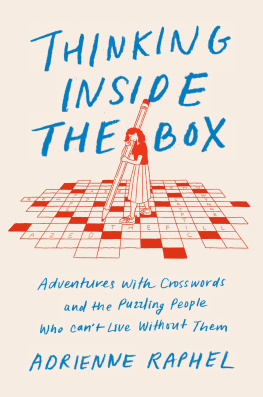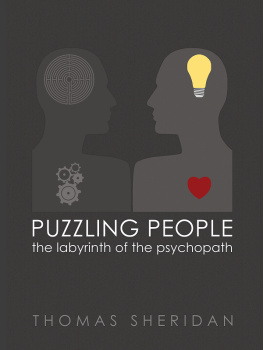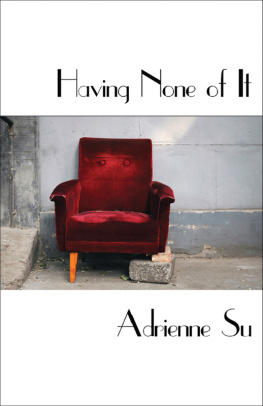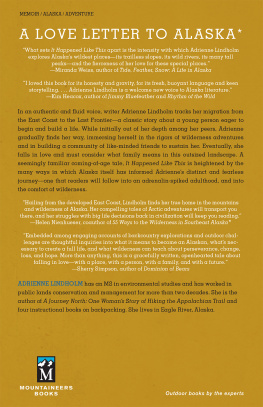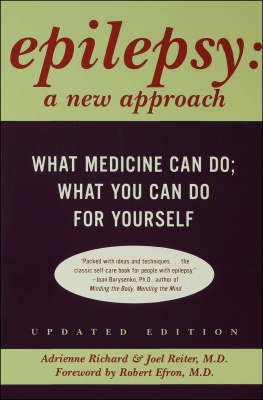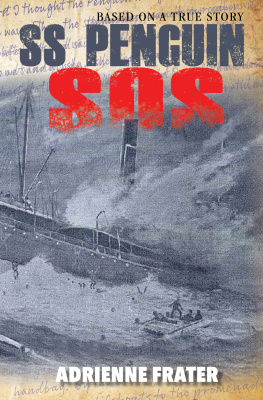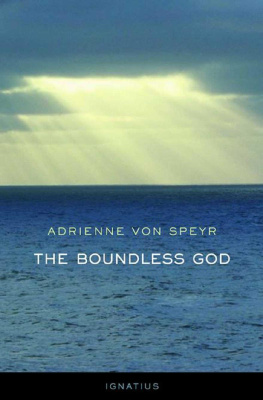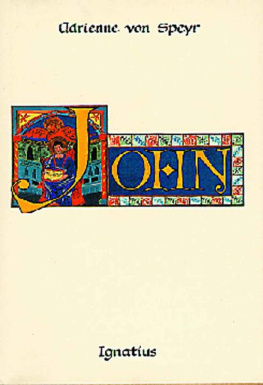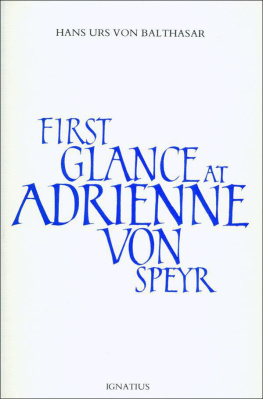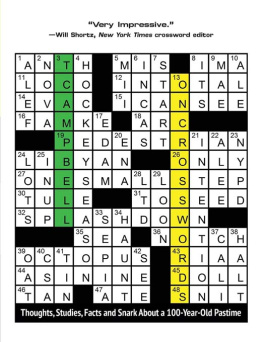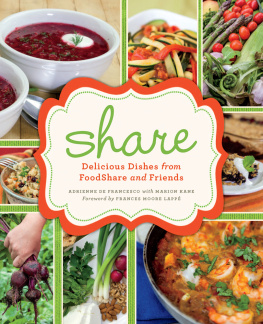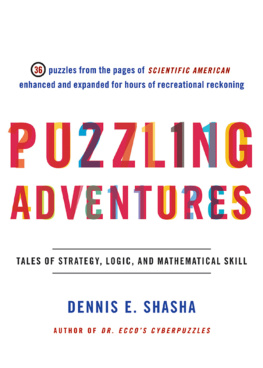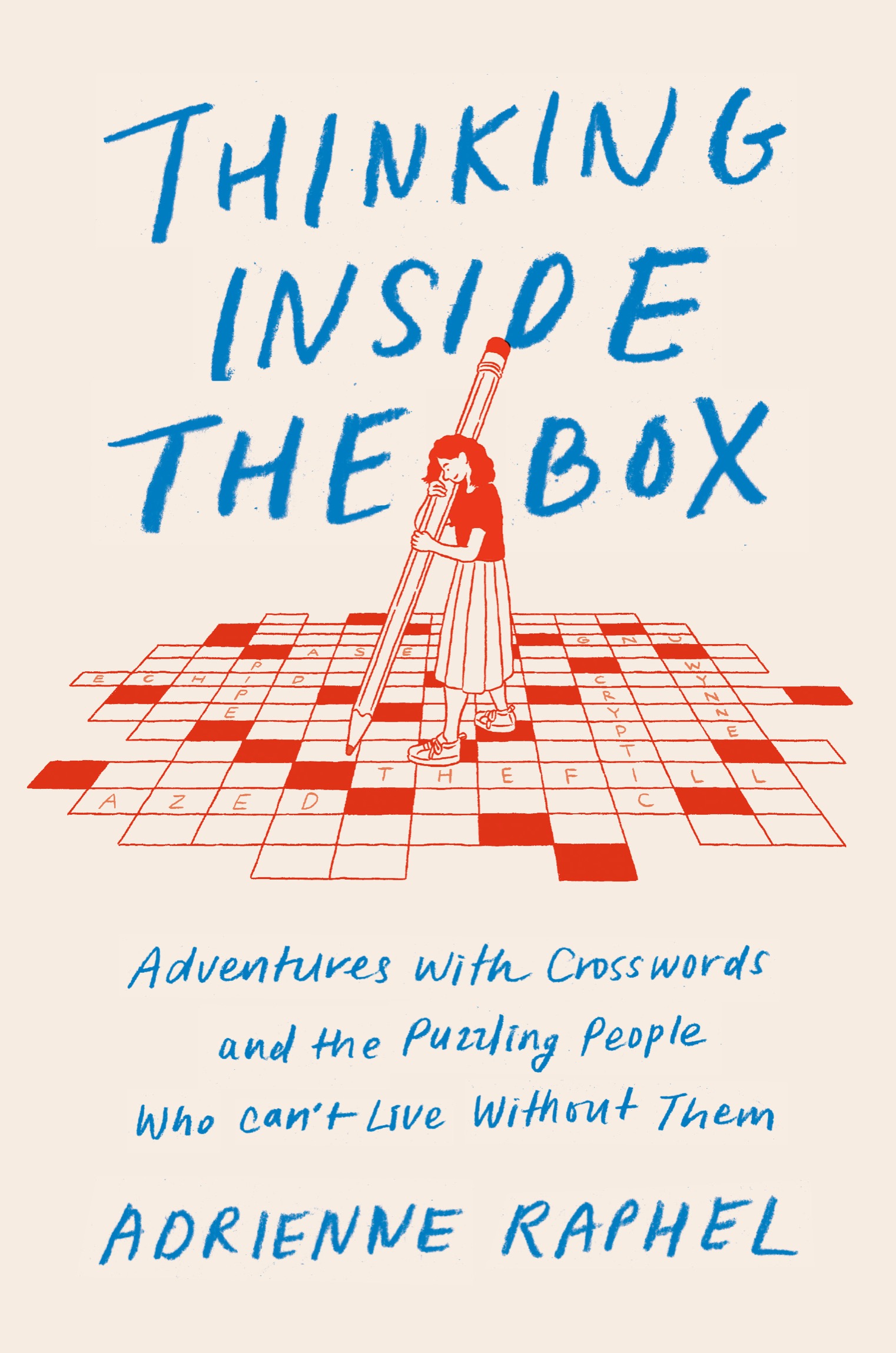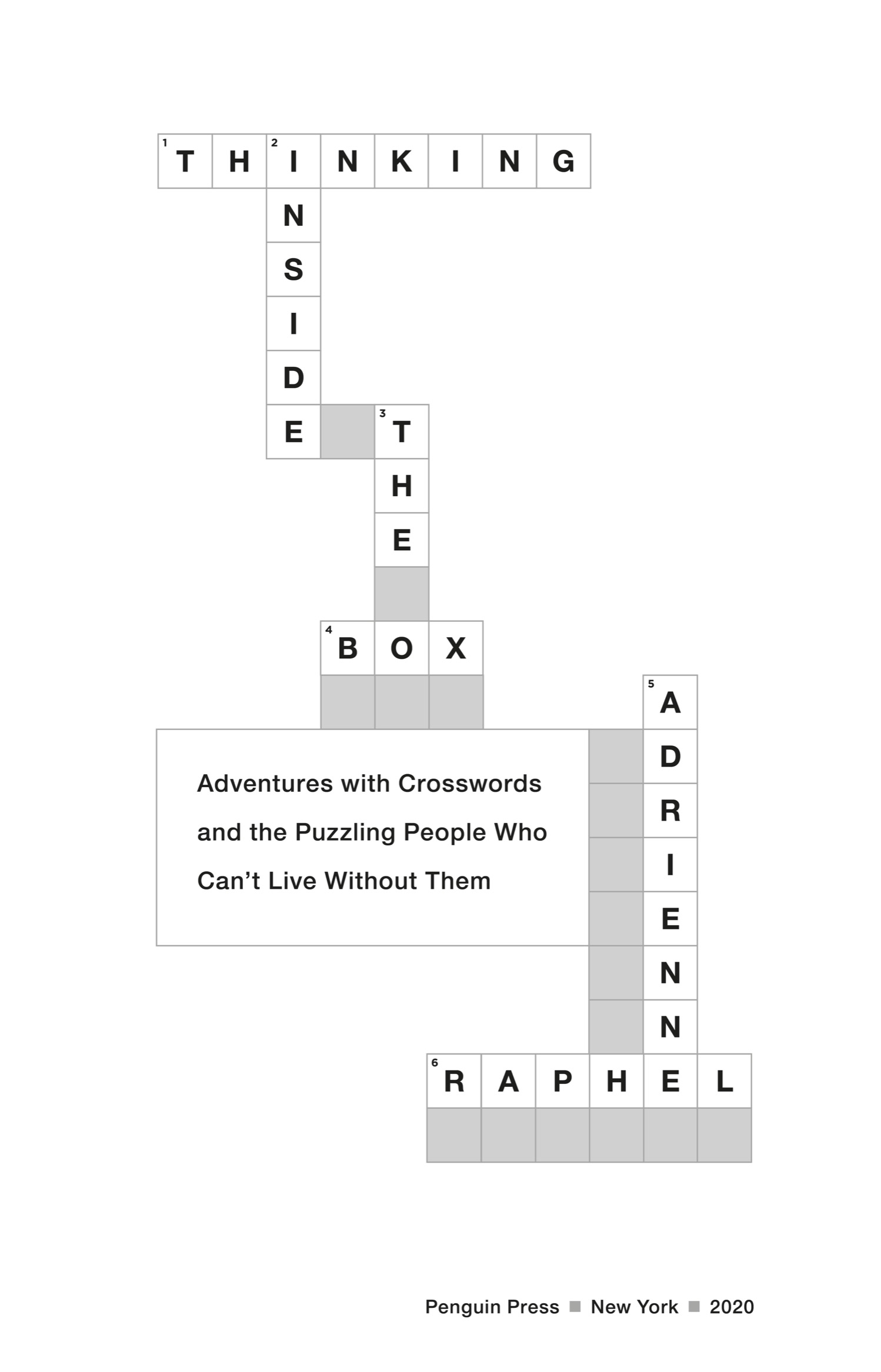PENGUIN PRESS
An imprint of Penguin Random House LLC
penguinrandomhouse.com
Copyright 2020 by Adrienne Raphel
Penguin supports copyright. Copyright fuels creativity, encourages diverse voices, promotes free speech, and creates a vibrant culture. Thank you for buying an authorized edition of this book and for complying with copyright laws by not reproducing, scanning, or distributing any part of it in any form without permission. You are supporting writers and allowing Penguin to continue to publish books for every reader.
constitutes an extension of this copyright page.
LIBRARY OF CONGRESS CATALOGING-IN-PUBLICATION DATA
Names: Raphel, Adrienne, author.
Title: Thinking inside the box : adventures with crosswords and the puzzling people who cant live without them / Adrienne Raphel.
Description: New York : Penguin Press, 2020. | Includes bibliographical references and index.
Identifiers: LCCN 2019022874 (print) | LCCN 2019022875 (ebook) | ISBN 9780525522089 (hardcover) | ISBN 9780525522096 (ebook)
Subjects: LCSH: Crossword puzzlesHistory.
Classification: LCC GV1507.C7 R287 2020 (print) | LCC GV1507.C7 (ebook) | DDC 793.73/2dc23
LC record available at https://lccn.loc.gov/2019022874
LC ebook record available at https://lccn.loc.gov/2019022875
Title page and chapter heading design by Daniel Lagin
Cover design by Christopher Brian King
Cover illustration by Ilya Milstein
Hand lettering by Grace Han
pid_prh_5.5.0_c0_r0
To my grandparents
The pattern of the thing precedes the thing. I fill in the gaps of the crossword at any spot I happen to choose.
Vladimir Nabokov, interview, The Paris Review
Crossword fan, presumably
YOU (10D, Friday, March 13, 1998, The New York Times)


Its hard to imagine modern life without the crossword. The puzzle originated in 1913, and it soon became part of the fabric of daily existence. (Quite literally, the fabric: over the past century, solvers have sported, among other articles, crossword-patterned stockings, scarves, sweaters, and sneakers.) The crossword flared as a fad in the 1920s, but unlike other trends of the eraflagpole sitting, marathon dancingthe puzzle endured and thrived.
For many, the crossword is a daily ritual. Morning crossword people do the puzzle with coffee, on their commute, to wake up the brain; midday crossworders retreat to the puzzle to escape the days demands; nighttime solvers use the puzzle as a winding-down routine. Others do crosswords more casuallyusually in limbo spaces, like the dentists office or on a plane. If you fill in the crossword, please take the magazine with you so its replaced, some in-flight magazines instruct readers. Some people solve when they get bored, or when they need to place their minds elsewhere. Some use the crossword to give a sense of accomplishmentif Ive done nothing else all day, they reason, at least Ive done this.
Celebrities often solve to carve out a private routine in the clamor of their daily lives. Jon Stewart, Bill Clinton, Yo-Yo Ma, Bill Gates, Martha Stewart, Nancy Pelosi: all crossworders. While waiting out rain delays in matches, the tennis player Lindsay Davenport did crosswords; quarterback Brett Favre is also a solver. Actors and musicians frequently do puzzles between scenes or sets: Kate Hudson, Natalie Portman, Dustin Hoffman, Daniel Craig, Sting, and Nine Inch Nailss Trent Reznor, among many others, have been spotted with crosswords.
Writers use the crossword as cross-training, working on another kind of word problem to let their subconscious minds simmer. Vladimir Nabokov composed butterfly-shaped crosswords in letters to his wife. T. S. Eliot did the crossword like clockwork every day on the omnibus. I have a completely overactive mind, poet Alice Notley told me, and crosswords are one of the only things that relax it. W. H. Auden loved crosswords. Poet James Merrill, who contacted Auden through his decades-long experiments with the Ouija board, doodled grids and word patterns in the margins of his notebooks. Stephen King does crosswords, though its difficult to say whether to escape or enter his horror-filled imagination. Composer and lyricist Stephen Sondheim brought British cryptic-style crosswords to America.
Although the crossword seems engineered for solo consumption, its just as important in its social function. Families, roommates, lovers, soldiers in barracks, anxious hospital waiting room acquaintancesgroups of all kinds complete the puzzle together. The crossword draws already close people still closer together, letting their brains sync as they solve. It gives people a way to interact who otherwise might have nothing in common. It helps people pass time that doesnt seem to be going anywhere but desperately needs to be passed.
Solvers build their own personal puzzles inside the crossword. The New York Public Librarys Cullman Center, which offers yearlong research and writing fellowships, regularly hosts an unofficial crossword coterie; every day over lunch, several fellows solve the days New York Times and Wall Street Journal puzzles together. One fellow, a historian of science, told me that when she was growing up, her father had invented a system to make the Monday Times crossword, historically the weeks easiest, more interesting. He would arbitrarily choose a pattern of squares to leave emptyall the squares touching a black square, saybut wouldnt allow himself to write down which pattern he was choosing or the letters in those squares, according to the clues; he had to hold all the filled blanks in his head while filling in only the blank blanks on the page. At Lollapuzzoola, an annual crossword tournament in Manhattan, theres a special Downs Only category for solvers who try to fill in the whole griddown and acrosswhile receiving only the down half of the clues.
Some people do crossword puzzles constantly, like breathing. My favorites are the superfans who bring crossword collections to crossword tournaments. As soon as theyve completed one regulation puzzle and have a down moment before the next one begins, theyll flip open a volume and start solving.
People solve aspirationally, wanting to be seen as the kind of person clever enough to figure out the crossword. Lord Uffenham, a bumbling aristocrat in the P. G. Wodehouse novel Something Fishy, begs crossword answers off his butler sotto voce so that, should a visitor happen to enter at any moment, he could appear to be dashing off the puzzle with ostentatious sprezzatura, easy-peasy. I met a graduate student who was looking for a way to add discipline to her life, so she decided to set herself a goal of solving the crossword puzzle every day for a year. She didbut the mission backfired. She ended up becoming compulsive about the crossword, unable to do anything until shed finished. The week became a barometer of anxiety, as Friday and Saturdays difficult puzzles could keep her trapped at the kitchen table for hours. When her partner tried to help, she snapped at him. After the year ended, neither of them did the puzzle again for some time.

